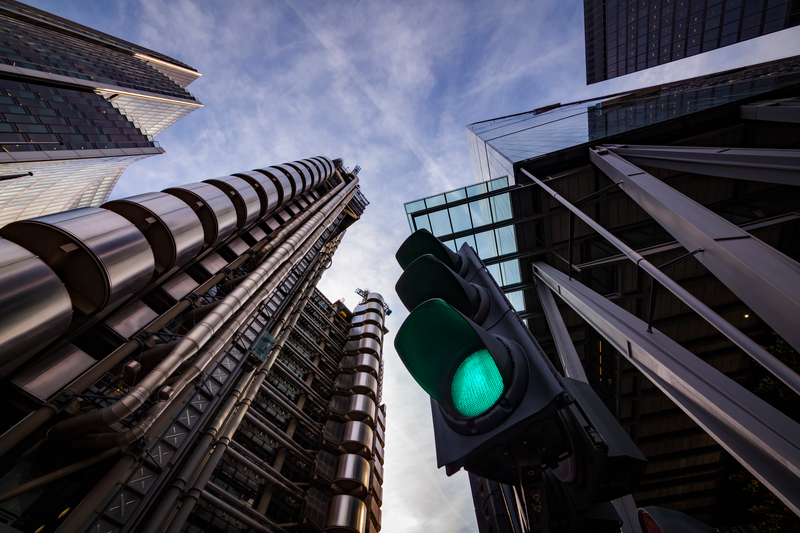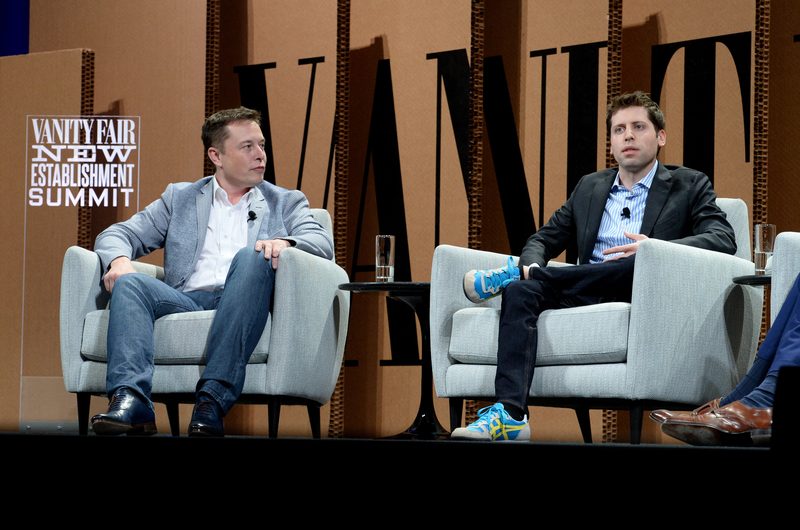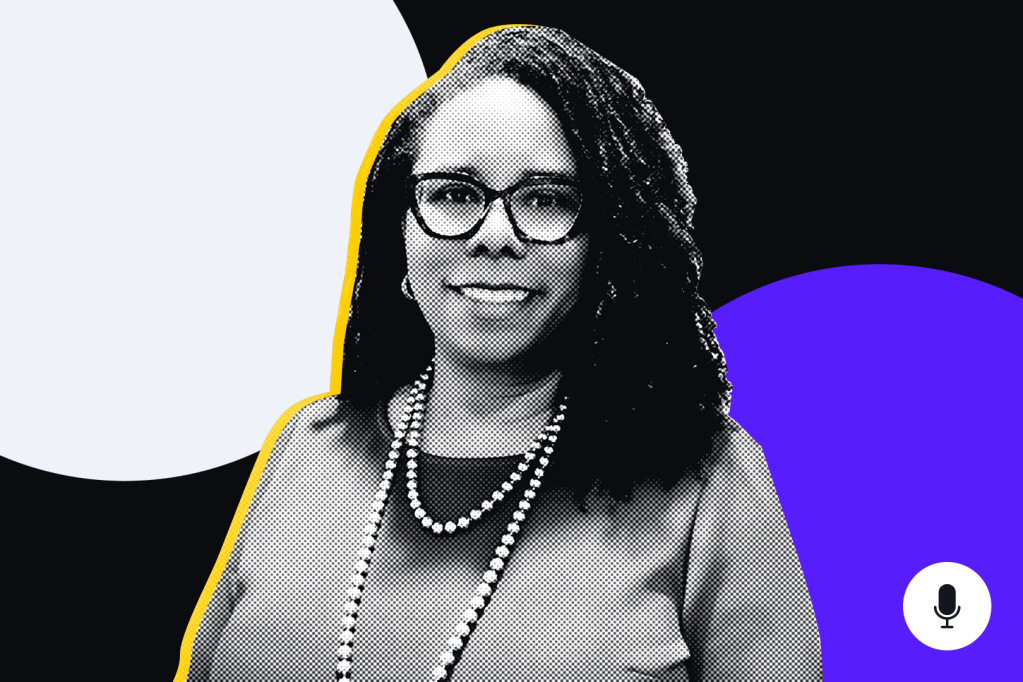Almost a decade ago, Elon Musk and Sam Altman joined hands, with a few others, to launch OpenAI. At the time the artificial intelligence start-up was supposed to be “a non-profit company to save the world from a dystopian future.” Or at least that’s what Altman told Vanity Fair in an interview a day after the launch.
The magazine said back then “it’s not entirely clear what OpenAI will do.” And it was right. The company is now undergoing internal restructuring to become a ‘public benefit corporation’ (although it wants to keep its non-profit arm).
But there is also another twist to the story. Musk and Altman, Silicon Valley’s two biggest players, are now at each other’s throats, and could soon face off in court.
Musk, who left OpenAI in 2018, has ended up accusing the company of “backtracking on its mission to serve humanity” by abandoning its non-profit origins.
OpenAI has rejected the allegation and said Musk was simply jealous of the fact that the firm had succeeded without him, and that he couldn’t achieve total control over it.
The Microsoft factor
OpenAI argues that restructuring to become a for-profit company is crucial to attract future investment. Altman recently told The New York Times that developing AI requires a lot more funding than they had initially thought, and that they would have taken a different course (about the company’s structure) if they knew.
But Musk, one of the world’s richest men, does not seem to be convinced. He has now asked a US federal court to stop OpenAI “from allegedly prohibiting its investors from supporting competitors”, according to reports.
His attorneys have accused Altman of anticompetitive behaviour. The injunction also accuses OpenAI’s other co-founders and one of its main investors, Microsoft, of various illicit activities.
And that, the appearing of Microsoft on the OpenAI scene, is exactly what some believe the recent friction between the two sides stems from. Musk believes Microsoft is set to reap huge rewards from a project he co-started.
And he has had his own issues with Microsoft. He has previously accused the firm of using data from his social media platform X (previously Twitter) without permission. In November this year, he also accused Microsoft’s gaming division of illegal hiring practices.
Microsoft has so far invested around $13 billion in OpenAI since 2019. That figure is set to increase as both sides continue to discuss their future partnership.
What next?
OpenAI seems determined to restructure and rebrand itself as a public benefit corporation. Also, and more importantly, Microsoft could get even more leverage than it already has in one of the world’s largest AI start-ups.
That’s because OpenAI’s leadership board is discussing removing a very important provision from its structure, as reported by the FT.
The provision “shuts Microsoft out of its most advanced models when the start-up achieves ‘artificial general intelligence’,” the report says.
AGI is defined as a “highly autonomous system that outperforms humans at most economically valuable work.” It’s up to the leadership board at OpenAI to determine when AGI is achieved.
The logic behind inserting the provision in the OpenAI-Microsoft partnership was that, given AGI’s seemingly limitless potential, it would be unethical to give the technology to a commercial corporation.
But the fact that the OpenAI board is discussing removing the stipulation indicates that things have changed. And if they do actually remove it, it will pave the way for Microsoft, one of Musk’s biggest rivals, to benefit from the most advanced AI technology humans have developed yet.
In its early days, AI was thought to be a rivalry of brains between Silicon Valley’s smartest. It has now become a feud between billionaires. And it could soon become a battle for the courts.















